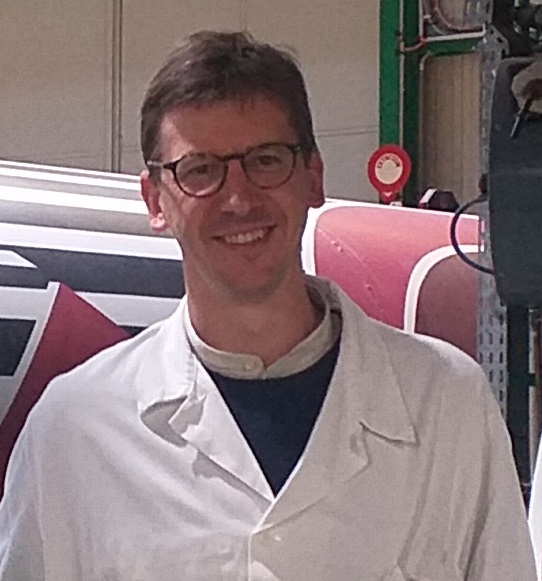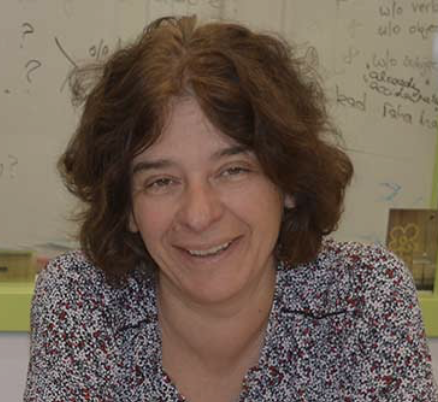MaTerRE is one of the nine Major Research and Innovation Fields (DIM) labelled by the Île-de-France Region for the period 2022-2026. It brings together researchers from various disciplines around advanced eco-responsible materials.
What is a DIM ?
A DIM (Major Research and Innovation Field) is a research network, selected by the Region’s Scientific Committee for its structuring, multidisciplinary and unifying nature. For the period 2022-2026, nine DIM were selected:
- Advanced Eco-responsible Materials (DIM MaTerRe), led by ESPCI Paris
- Human-Centred Artificial Intelligence in Île-de-France (DIM AI4IDF), led by the INRIA Center in Paris
- BioConvergence for Health (DIM BioConvS), led by Université Paris Cité
- Cognition and Brain Revolutions Artificial Intelligence, Neurogenomuics and Society (DIM C-Brains), porté par l’Inserm
- One Health 2.0 (DIM DOH 2.0), led by Inserm
- Immunotherapies, autoimmunity and cancer (DIM ITAC), porté led by the Gustave Roussy Institute
- Origines (DIM Origines), led by the Paris Observatory – PSL
- Heritage and ancient materials (DIM PAMIR), led by CNRS
- Quantum Technologies in Paris Region (DIM QuanTiP), led by CNRS
With a budget of around €12.5 million over five years, the objectives of a DIM are plural:
- Establishing in Île-de-France a research and innovation network with emerging topics and very strong scientific and economic potential.
- Strengthening the attractiveness of laboratories in the Ile-de-France region through the provision of scientific and technological skills and state-of-the-art equipment.
- Improving the visibility of Paris research teams in Europe and abroad.
- Promoting the exploitation of knowledge and dissemination of research results, including to the general public and young people.
- Strengthening links between research and the economy by promoting technology transfer and innovation.
Stakes
The 21st century is a world in transition. Accelerating climate change, aging population, pandemics, the depletion of natural resources and biodiversity: the planet is experiencing rapid, profound and systemic changes. Appropriate, global and rapid responses are essential to many transitions: environmental, energy, urban, demographic. Each of these transitions needs new technologies, new materials and therefore new methods to develop them.
The challenge is huge. To address this, future disruptive technological solutions must be both efficient and biocompatible, but also socially acceptable and economically viable.
Objectives
The main objective of the DIM MaTerRE is the development of tools and methods for the accelerated discovery of advanced materials for sustainable development and new energies.
It is indeed urgent to find the best technological solutions allowing for example a strong reduction of CO2 emissions, a thoughtful use of building materials of our habitats, a true management of our increasingly scarce energy resources and the establishment of a virtuous life cycle for our waste.
Modular, multifunctional and efficient, the advanced materials developed as part of MaTerRE will have to be produced by environmentally friendly processes and will thus contribute fully to address several key societal issues: transport, housing, energy, recycling…
Thematic axes
The research and projects that will be carried out as part of the the DIM MaTerRe are divided into four research themes:
Production, upgrading and management of strategic gases
Axis managers :
New eco-compatible energy recovery and storage methods
Axis manager :
Building Materials
Axis manager :
Recycling, Urban Mines and Eco-design
Axis managers :
Methodological axes
In order to accelerate the development of these new materials and devices, five transversal methodological axes reinforce the thematic axes:
High throughput synthesis and characterization
Axis managers :
Intensive numerical techniques
Axis manager :
Architecture engineering of materials at different scales
Axis managers :

Advanced characterization techniques
Axis managers :
Economic study of the ecological transition
Axis manager :
Key numbers
/ year.



